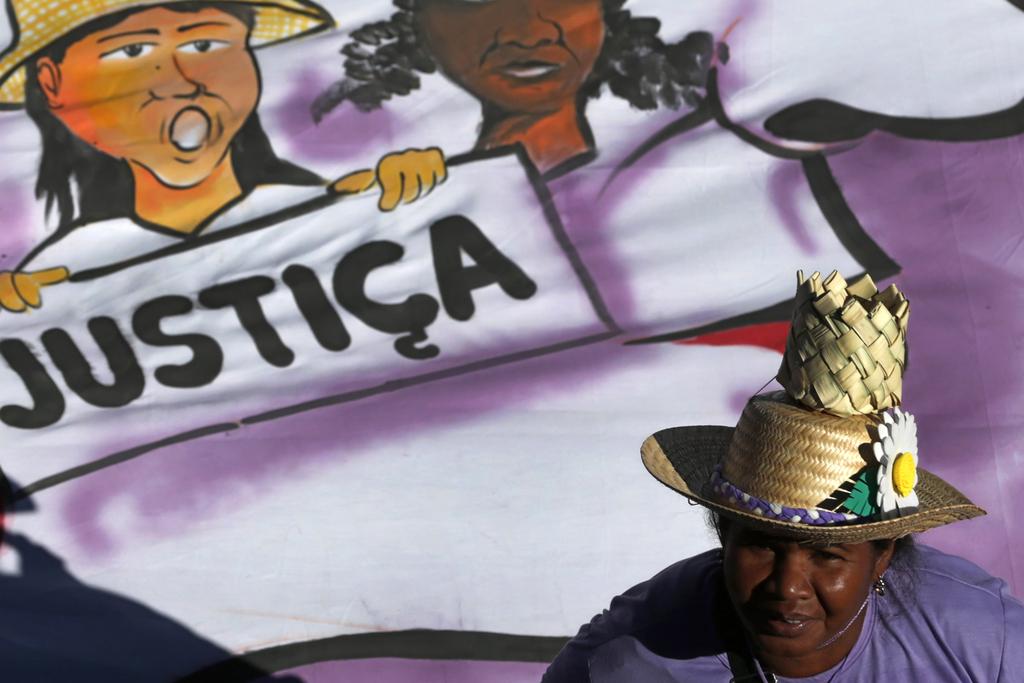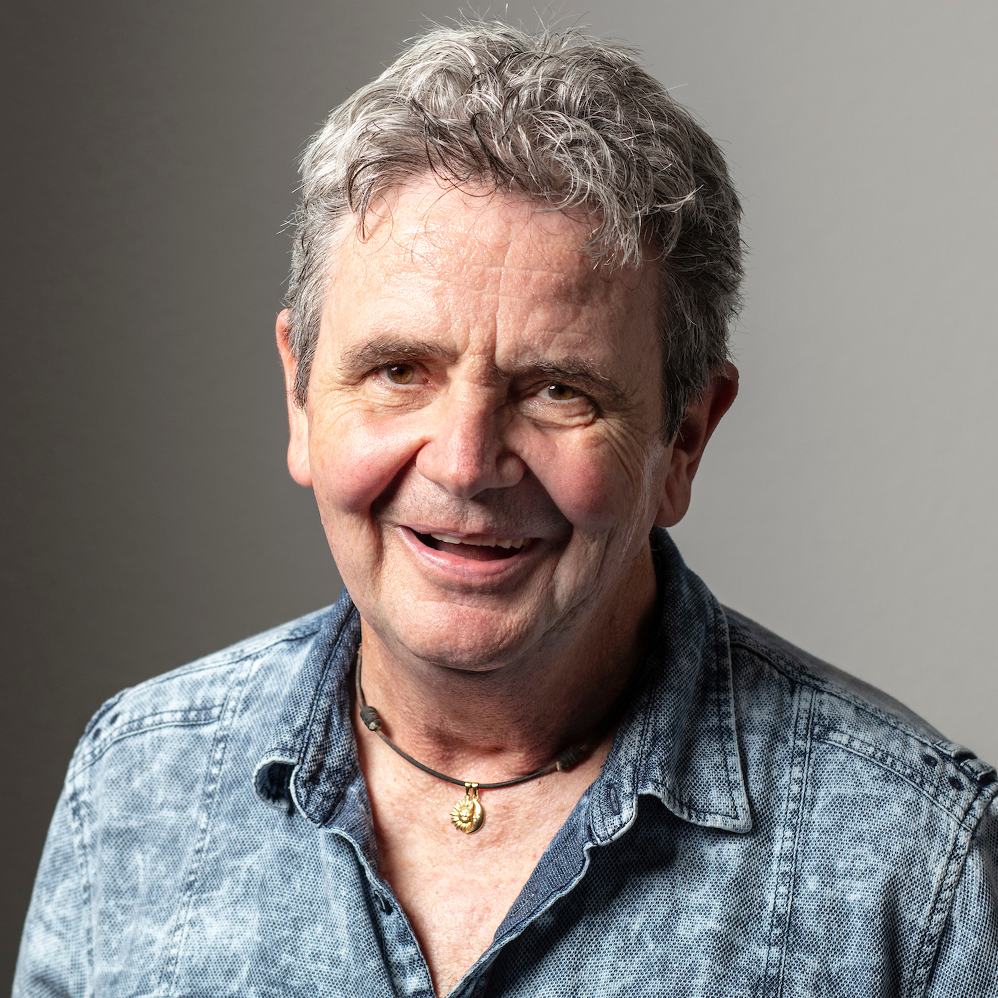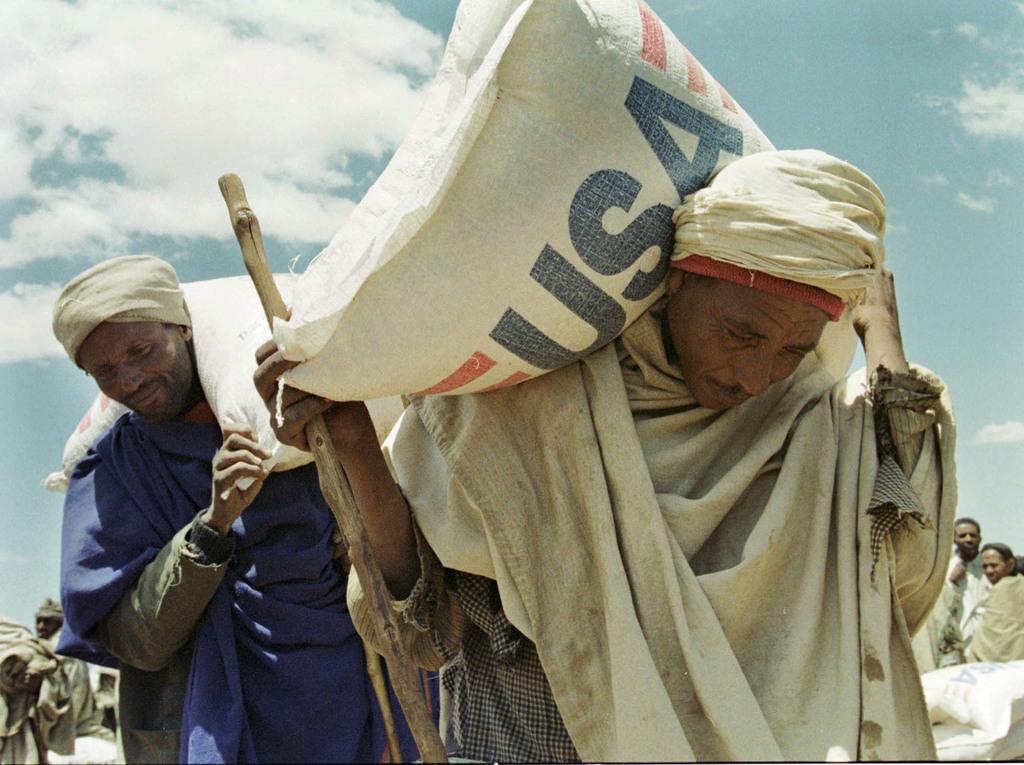Post-2015 development goals to offer “new dynamic”

The new universal Sustainable Development Goals (SDGs) to be approved by world leaders in New York are a welcome step forward, says Peter Niggli, the former head of Alliance Sud, the umbrella organisation of Swiss development NGOs. His organisation will be closely monitoring Swiss implementation in the coming years.
The SDGs are set to replace the United Nations Millennium Development Goals (MDGs), which had focused attention on the needs of poor nations for the past 15 years, included boosting access to clean water and sanitation.
World leaders will meet from September 25-27 at the UN in New York to formally adopt the new sustainable development agenda.
swissinfo talked with Niggli, who retired from Alliance Sud in July after 17 years at the helm.
swissinfo.ch: In 2000, world leaders adopted the Millennium Declaration setting out the MDGs. Fifteen years on is the world a better place in development terms?
Peter Niggli: That’s hard to say. There has been progress but also steps backwards. Some developing countries, especially in Asia, made huge leaps in economic terms and got to grips with the financial crisis. After 15 years of MDGs we can see that states have also invested a bit more in development aid. And there are governments, particularly in Africa, which have invested heavily in education and health.
But if we look internationally, we can see that since 2008 the global economy remains in crisis and that the regulating system no longer works. We are in a transitional phase, which has gone on for quite some time, but I don’t see politicians doing very much about it. In that sense the future remains very uncertain.
When I began working in the development field, things were totally different. The elite from the developed world thought they’d found the solution to ensure constantly high growth rates. At the World Economic Forum (WEF) in Davos they used to proclaim, ‘We are in a new economy without crises or economic cycles. We have found the magic formula for eternal economic progress’. But times have changed. Today these kinds of comments seem a joke. Nobody talks like that anymore.
swissinfo.ch: The widening inequality gap is a global concern, as highlighted by Oxfam in its report earlier this year, which showed that half of global wealth is held by one per cent of the world’s population.
P.N.: Since the end of the 1970s, the increase in inequalities has become one of the main factors responsible for economic crises. Everyone is aware of that.
Today people discuss the issue, but what can be done? In rich countries, people have been encouraged to take out credit to counter stagnating salaries. The credit pyramid that exploded in 2008 led to the financial crisis. We have replaced salaries that no longer rise despite increasing productivity with credit. But credit is big business for those who provide it. We know this system doesn’t work.
So what can be done? Should we increase wages? Shorten working hours? Re-establish a link between productivity and wages? For now, political and social forces are not in a good position to change things.
swissinfo.ch: As the MDGs come to an end, UN member states are due to agree on a new set of long-term SDGs at the UN in New York. What are your expectations for these goals?
P.N.: States want to build on the dynamism created by the MDGs. Although there were no sanctions against states that did nothing for the MDGs, the goals did create a kind of competition and that mobilised civil society. That’s something we wish to see continue.
The new SDGs are quite good and they’re universal. The MDGs only really affected the governments of developing states, while the new ones are for all governments. For example, if Switzerland intends to meet the SDGs, it will have to do things within Switzerland and not just say, ‘Ghana, you have to do this or that’. It’s an entirely new dynamic. We’ll have to see if it works, but we are quite interested in the whole thing. One of our priorities in the next few years will be to get things moving in Switzerland.
swissinfo.ch: What’s your view on the strength of civil society groups given current nationalist trends and fears over immigration?
P.N.: These issues represent dangers. In Europe, where the social welfare state is constantly being reduced, it’s not easy to tell people that they have to pay taxes to support poor people in developing countries. But it’s worth remembering that in Switzerland out of CHF100 generated by the economy, CHF35 goes towards social welfare payments and CHF0.49 to development aid.
As to the flows of migrants, let’s not forget that those who come to Europe are just a small percentage of global migration movements. Eritreans will go to Saudi Arabia or elsewhere in the Gulf region if they can, as that’s where they can work, earn money and support their families. Around the world, whenever a country is slightly richer than its neighbours, there is a natural migration where people are going to look for work. Even in Africa. South Africa attracts people, as does Nigeria.
swissinfo.ch: But we shouldn’t just talk about flows of immigrants, we should also look at flows of trade and finance. Can developing countries help each other?
P.N.: Developing countries have already had a huge influence on the economies of Latin America and Africa over the past 15 years. This wasn’t due to development aid but was linked to the huge need for raw materials, especially in China and India, to support their rapid industrialisation. In Africa, which was in a disastrous economic situation in the 1980s, exports of raw materials have shot up. At the same time, China, India and Brazil began to invest in African mining industries and agriculture. That has helped these countries grow, but the main people to benefit are the wealthy. It hasn’t really helped the poor.
One of the risks of the crisis or stagnation of the global economy today is that Chinese and Indian demand in Latin America and Africa is falling. And as those countries haven’t yet diversified their economies, they may suffer.
Niggli became director of the non-governmental umbrella organisation Alliance Sud in 1998. He studied maths, philosophy and history. Born in 1950, he was a young activist in the 1970s and 1980s before becoming a journalist.
He is the author of various books on right-wing extremism and development aid. He was a Green Party local politician in Zurich, election observer in Ethiopia and president of the foundation board of Greenpeace. He retired from Alliance Sud in July 2015.
Alliance Sud is an umbrella organisation of Swiss development NGOs which includes Swissaid, Catholic Lenten Fund, Bread for All, Helvetas, Caritas and Swiss Interchurch Aid.
Alliance Sud’s main stated aim is to “influence Swiss policy towards poorer countries”. It focuses its efforts mainly on development aid, international trade, the environment, international finance, the Swiss finance industry and multinational firms. Its work consists mainly of lobbying and the development of information and communication campaigns.

In compliance with the JTI standards
More: SWI swissinfo.ch certified by the Journalism Trust Initiative




You can find an overview of ongoing debates with our journalists here. Please join us!
If you want to start a conversation about a topic raised in this article or want to report factual errors, email us at english@swissinfo.ch.